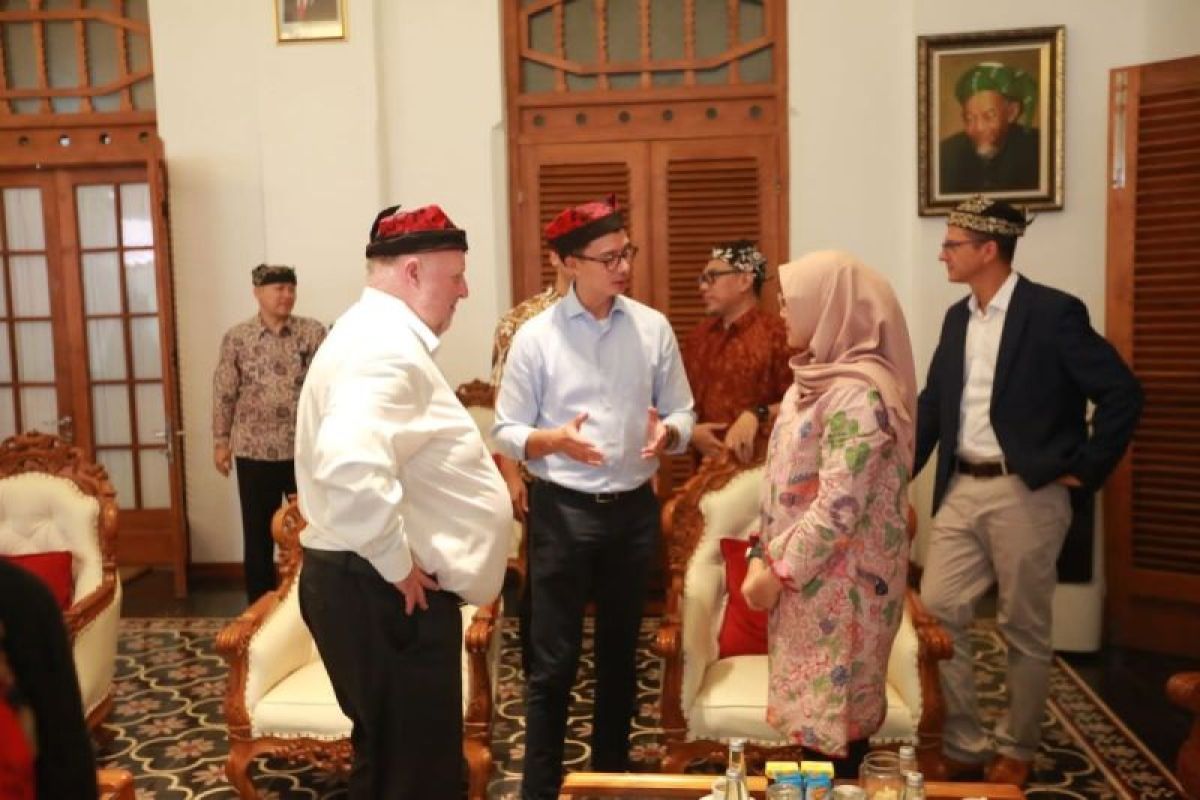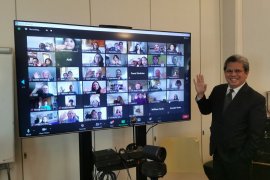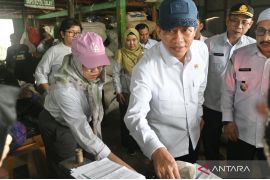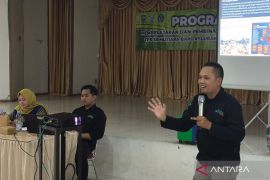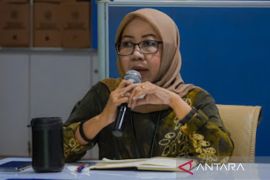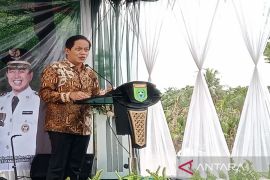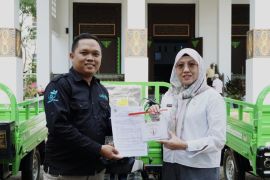Banyuwangi (ANTARA) - The Norwegian government commended the commitment of the Banyuwangi district government, East Java, which is considered to be strong enough to mobilize all elements in waste management over the last five years.
Norwegian Ambassador to Indonesia Rut Kruger Giverin, in a written statement of the Banyuwangi District Government received in Banyuwangi, East Java, Saturday, expressed pride on partnering with the Banyuwangi District Government, as the development of the waste processing cooperation program was going well.
"I appreciate the commitment of the district head and her staff. They mobilized many parties to get involved in solving the waste problem, and everyone is willing to take part, so that the system here can work," he noted during a visit to Banyuwangi, Friday (Sept 15).
The collaboration between Norway and Banyuwangi has been running for around five years through Project Stop to combat marine plastic pollution. The Norwegian Government, along with the Borealis corporation from Austria, supports the NGO Systemiq Lestari Indonesia in providing assistance to the community in Muncar Sub-district in managing and controlling waste to prevent it from entering the sea.
Through the Green Banyuwangi Program, the program's scope was expanded to other sub-districts by building a Reduce Reuse Recycle Waste Management Site (TPS 3R) in Balak Village, Songgon Sub-district.
The TPS has a capacity to process up to 84 tons of waste per day or is estimated to be able to process waste produced by a population of 250 thousand, or 54 thousand households per day.
"I am very happy that everything was completed on time and that many elements were involved in handling waste, including local village residents, where our programs were implemented and received a good response," Giverin remarked.
Giverin affirmed that community involvement is the key to the program's success, with not only the government or the community being involved but also everyone working together.
The TPS Balak was built on 1.5 hectares of land in Balak Village, Songgon Sub-district, which will eventually reach 33 villages in six sub-districts: Songgon, Rogojampi, Kabat, Sempu, Genteng, and Singojuruh.
Apart from the Green Banyuwangi Program and Project Stop, the Norwegian government also supports waste management in Banyuwangi through the Clean Ocean through Clean Communities (CLOCC) Program.
The CLOCC is a program from Norwegian waste association Avfall Norge that collaborates with the Indonesia Solid Waste Association (InSWA) to prepare waste planning in the district at the area located in the eastern tip of Java Island.
In the program, 14 villages designated as pilots, include Kebondalem, Tamansari, Gentengkulon, Genteng Wetan, Glagah, and Setail, and those villages receive assistance in waste management.
Banyuwangi District Head Ipuk Fiestiandani expressed her gratitude for cooperation and support from the Norwegian government regarding waste management in Banyuwangi.
"Thank you to the Norwegian Government for supporting and inspiring us. Hopefully, this collaboration can continue," she stated.
The district head underscored the importance of waste management, as it can have impacts on several sectors.
"Cleanliness is part of the tourist attraction. It is hoped that the Norwegian Government's support will increase tourist visits to Banyuwangi, which will have an impact on improving the economy of our residents," Fiestiandani remarked.


